 UNTITLED (HOW DOES It Feel) - an iconic video everyone’s seen.
UNTITLED (HOW DOES It Feel) - an iconic video everyone’s seen.It came to define D'Angelo and made him an instant superstar. The trouble is, that same video played a key role in the artist’s downward spiral.
I use the word artist deliberately, because that's exactly what D'Angelo is - and his contemporaries Maxwell, Erykah Badu, Lauryn Hill et al. An artist in the truest sense, concerned with the quality, not the quantity, of his music. D'Angelo is an Artist. Usher, on the other hand, who (badly) mimicked the Untitled video, is a Product.
Back in August, Spin published an in depth feature on the rise and fall of D'Angelo. I've long wondered why those promising artists who broke out when I was a teenager (and who, in the case of D'Angelo and his Brown Sugar album, gave birth to the neo-soul movement) in the late 1990s/early part of this decade, have been absent for most of this decade. Ahmir ?uestlove Thompson of The Roots - and a crucial player in the D'Angelo story - doesn't believe the disappearance of neo-soul's onetime leading lights can be attributed purely to personal issues: "It's no coincidence it's going to take ten years for the next D'Angelo record to come out, ten years for Lauryn. It took Erykah eight years, probably the same for Maxwell... A lot of factors have played into stalling the left-of center black movement."
 Factors like quality control, something the likes of R. Kelly and Usher don't worry too much about. Common talks about D'Angelo creating "incredible" music we'll never hear, whilst Kedar Massenburg, D'Angelo's one time manager, thinks these artists are paralyzed by the pressure to innovate.
Factors like quality control, something the likes of R. Kelly and Usher don't worry too much about. Common talks about D'Angelo creating "incredible" music we'll never hear, whilst Kedar Massenburg, D'Angelo's one time manager, thinks these artists are paralyzed by the pressure to innovate.Most interesting are Saul Williams comments on the "tug-of-war between art and commerce in black culture." An African-American writer and poet, he says: "When our generation falls victim to that Diddy mentality of 'Get money by any means necessary,' that puts a disproportionate amount of focus on people like D'Angelo and Lauryn. It's like, 'You're the only ones that get it. you guys have to cut through the bullshit.' So then we're like, 'you're not just a great artist, you're the messiah! Please come out with something!' It's enough to drive you batty."
D'Angelo isn't just a recording artist, he's legendary, iconic, genius, special... That's just little old me talking - imagine carrying the burden of the expectations of a cultural movement, of one’s peers. But that's just one side of the coin. The Spin article paints D'Angelo as an introvert who just wants to make music
 his way; a man who eschews the promotional whoring required of artists today.
his way; a man who eschews the promotional whoring required of artists today.The Untitled video was a turning point. Described as having once been a "chubby choir boy", D'Angelo was honed to perfection for his five minutes in front of the camera. "Initially, to him, it seemed completely bonkers," Dominique Trenier, D'Angelo's manager for nearly ten years, says of the artist's reaction to the video concept. "He didn't quite get what I was saying. He kept going, 'What do you mean, 'naked'?" Neither Trenier nor D'Angelo expected what came next. "'Untitled' wasn't supposed to be his mission statement for Voodoo... He and I were both disappointed because, to this day, in the general populace's memory, he's the naked dude."
Catcalls and screaming women disrupted the tour that followed Voodoo's release; the new breed of fans ushered in by Untitled wanted just one thing: D'Angelo to lose his clothes. Thompson says: "He'd get angry and start breaking shit. The audience thinking, 'Fuck your art, I wanna see your ass!' made him angry." D'Angelo "...isn't a sexy dude," according to Trenier, but a "...real musician who wears glasses and plays video games."
"I didn't realise how vulnerable he was and how deep his issues ran," says Alan Leeds, the Voodoo tour manager. "He's cursed now with fretting over how much of his fan base is because of how he looked as opposed to the music. It took away his confidence, because he's not convinced why any given fan is supporting him."

I was living in New York when Voodoo was released. There were billboards advertising the album everywhere; his image was emblazoned across buses and plastered all over the subway. When it came, I found Voodoo a strange beast, unexpected, other-worldly. It was nothing like Brown Sugar. Ten years on, Voodoo is still on high rotation. It’s rapturous, sweet, heady, magical... the soul record of the the decade, perhaps.
Come back D’Angelo - the screaming fans have moved on to 50 Cent and his ever-exposed pectorals. Those of us who just want to listen to you are still waiting.
We’re here.
NOTE: Interview excerpts from the Spin article, ‘D'Angelo: What the Hell Happened?’ written by David Peisner, 08.05.08.











.webp)
.webp)
.webp)






































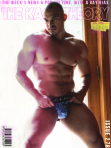








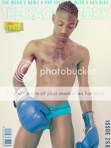


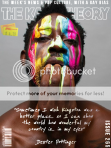
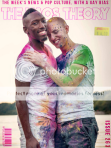

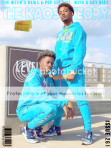

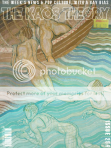
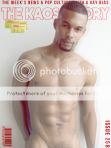
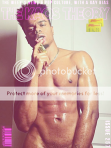

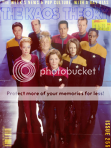
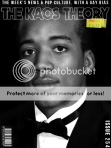
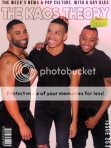
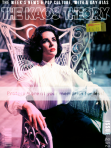
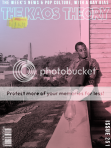

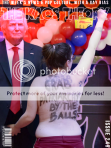



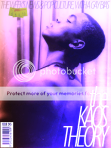


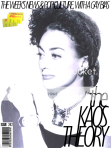
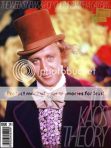
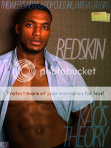


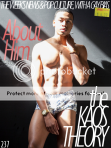

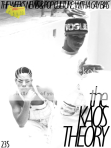
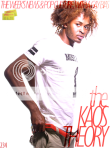
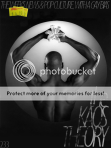


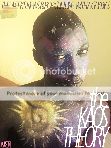


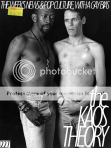


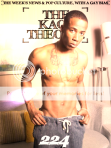

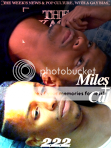
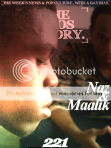
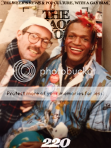
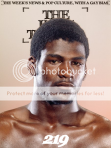
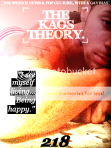
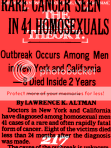
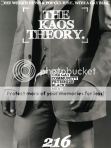
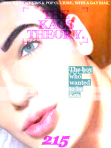
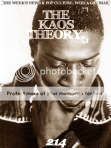
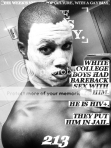

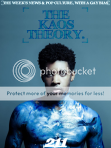

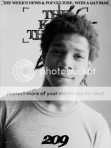
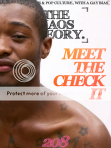

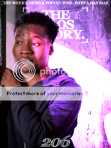
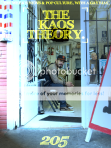
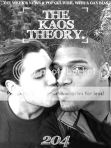

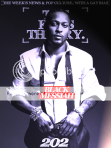
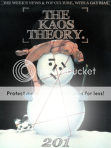

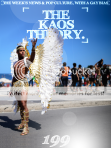
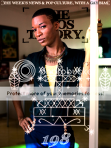

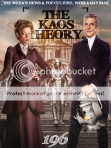
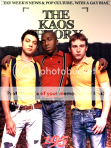





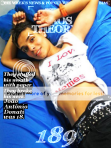




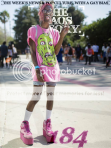
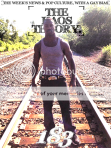
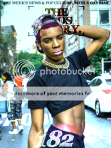


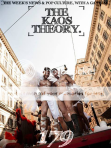

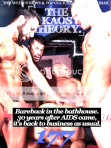


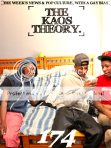



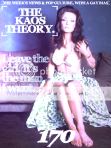



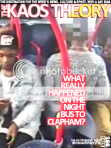
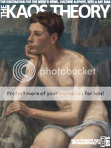

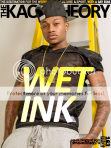


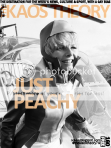


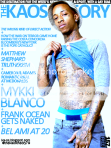




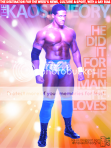


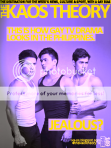
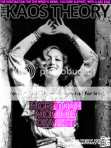
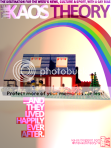
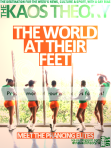
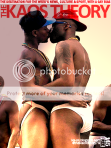
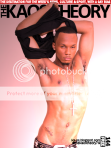

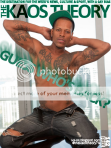

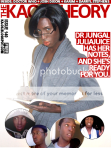


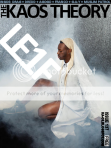
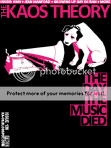



















































































































































5 comments:
Just read your latest blog entry: very interesting. I had no idea D'Angelo was from the same school as Lauryn Hill, precisely because of the whole image thing. How sadly ironic, eh...
Well my article just summarises the jist of the Spin article, which I hope everyone will go and read (the links are on the blog). It's fascinating and sad.
Hey Ka-os... always with excellent entries... what's up? ur page is always an excellent read ^_^
I have been scrolling thru your blog and found the analysis of D'Angelo interesting. I would also like to add that Maxwell has just released a new LP after several years, which has been sucessful.
Also there has been other nu soul artist like Floetry , D Influnce, incognito and Jill Scott amoungst other who have produced quality records for the past 10 years. D'Angelo and Lauryn Hill who are great artist, are not the soul representation of Nu Soul just members.
Trojan - trust me, you don't need to tell me that Maxwell's just released his long overdue fourth album. I waited for years, and jumped all over it as soon as I could.
I like D-Influence, Incognito, Jill Scott too, and also Angie Stone, Erykah Badu and in particular, Glenn Lewis, and others, too many to mention.
However, I think D'Angelo, Hill and Maxwell are cornerstones, leaders in their field, truly special... I'm not even a big fan of Lauryn Hill, but those three artists, and crucially, The Roots, were all top of the class...
Post a Comment